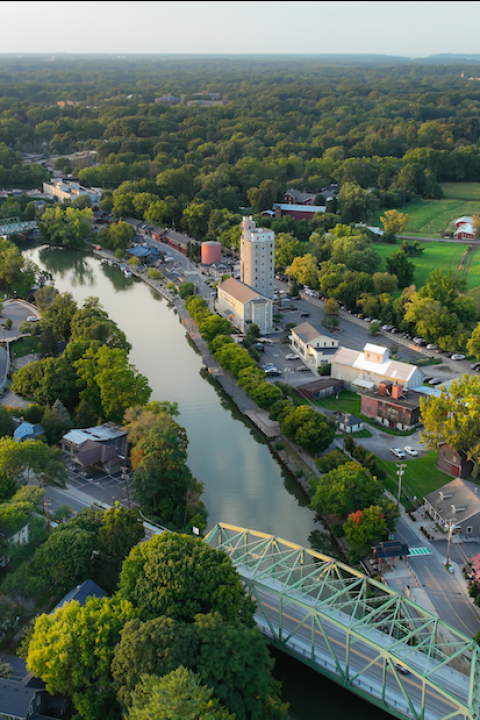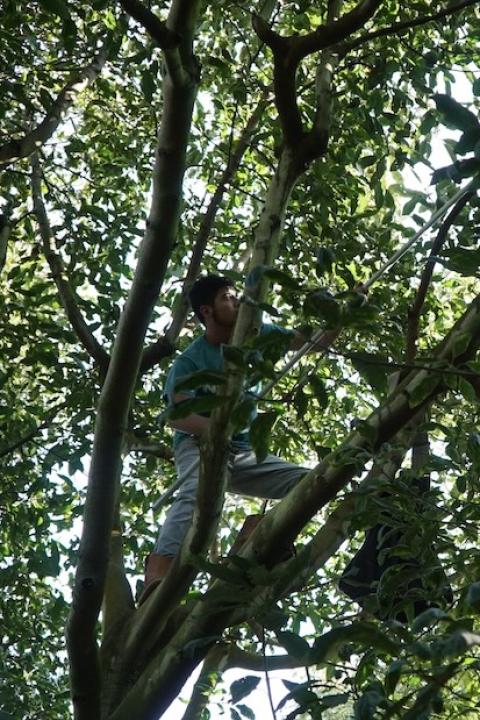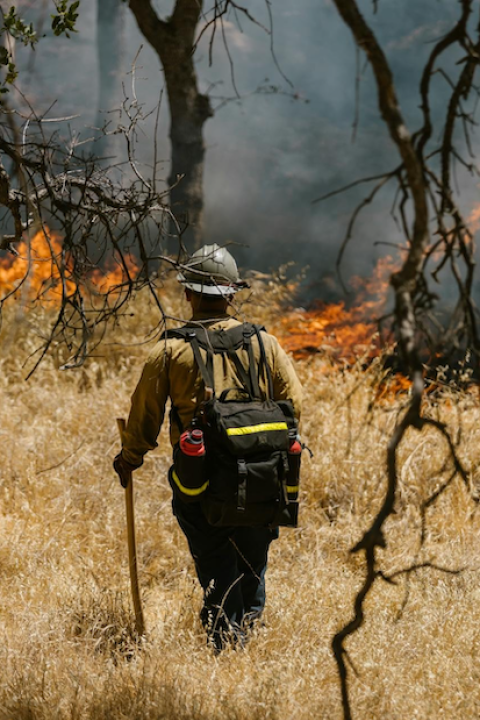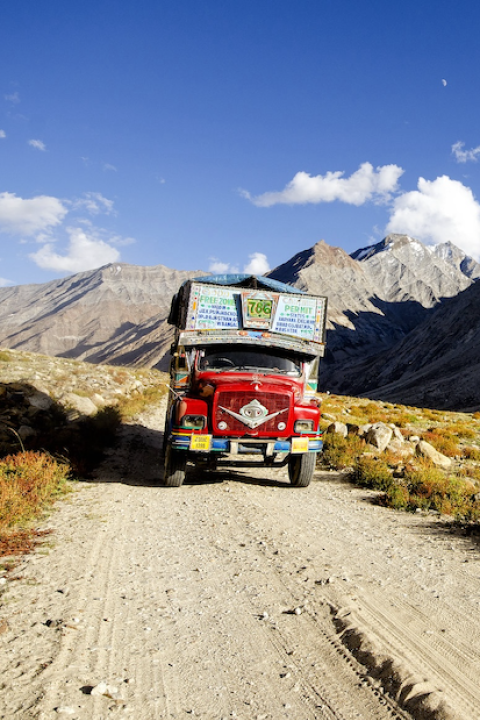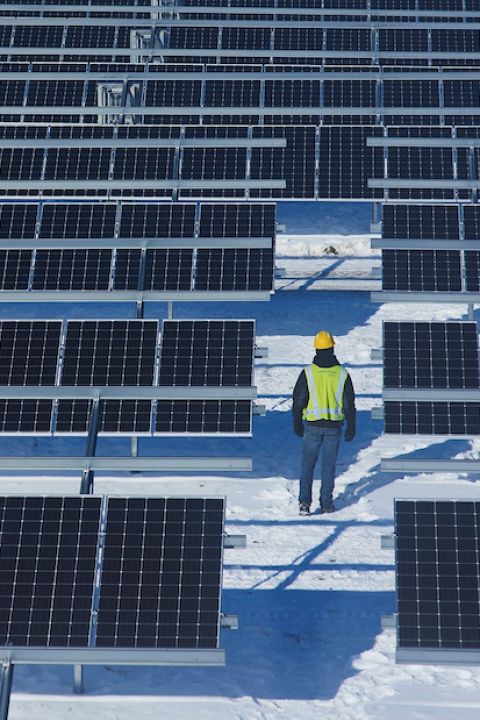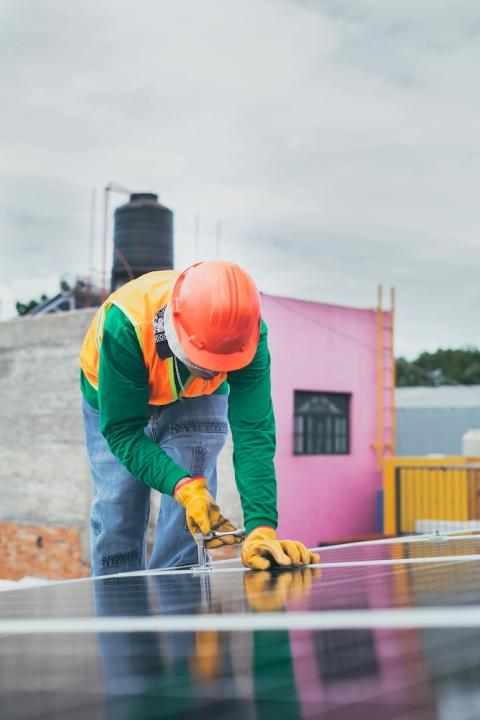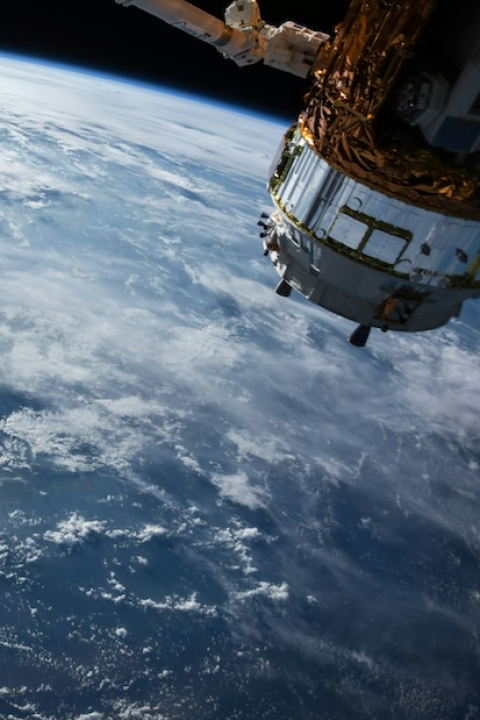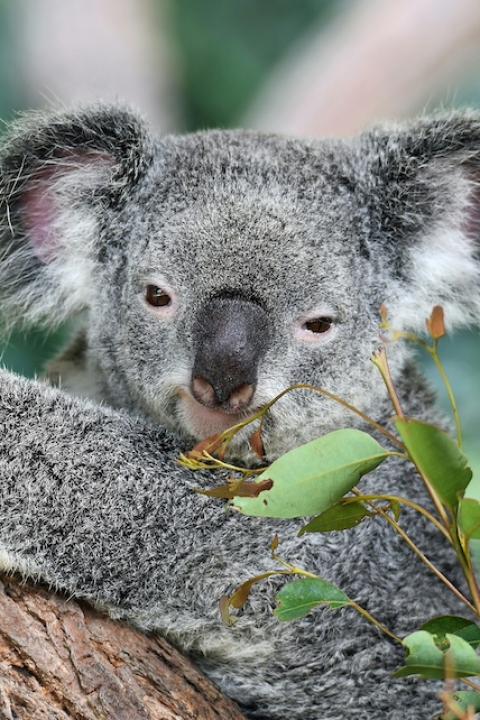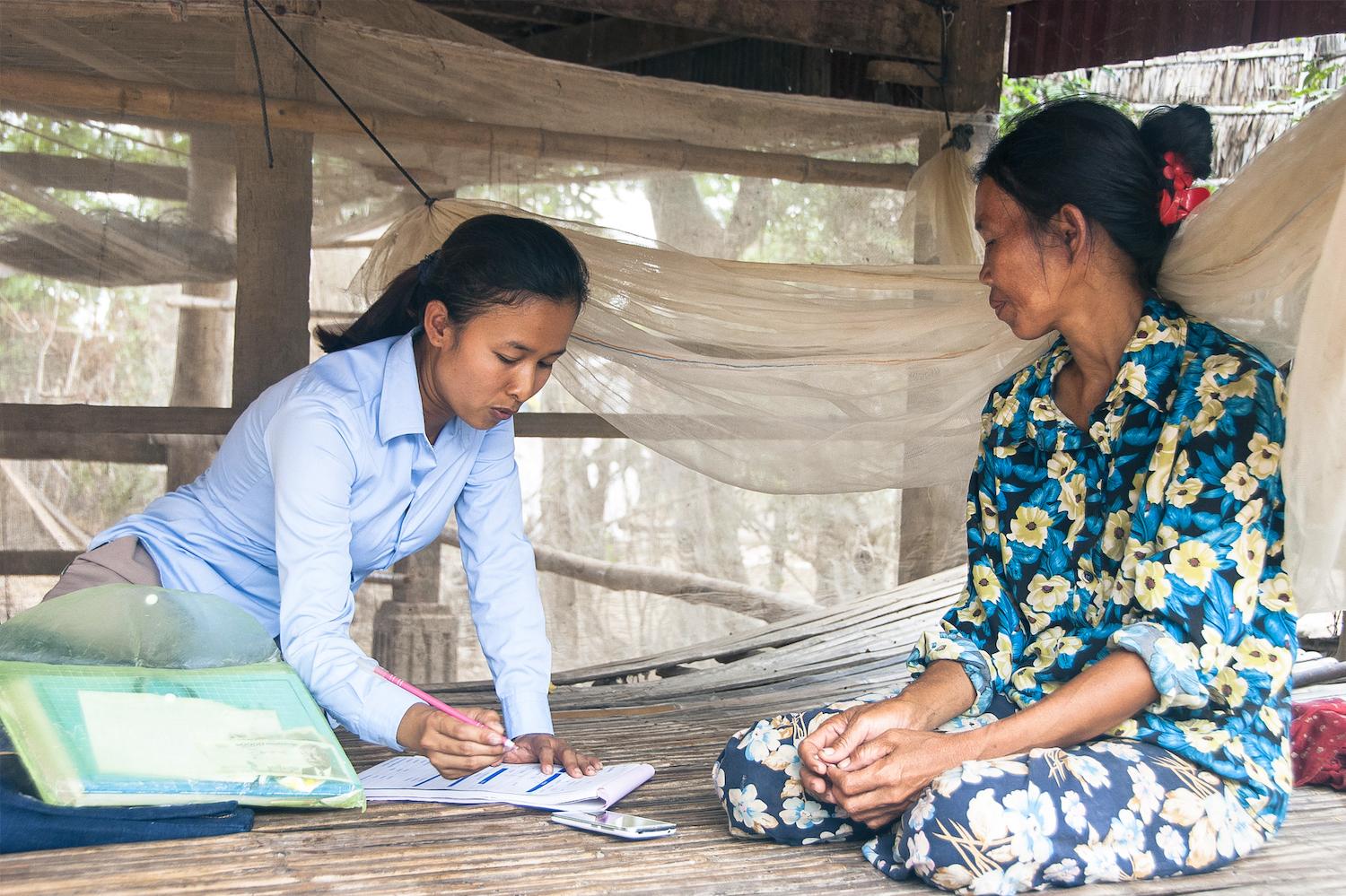
Two participants of iDE's WASH sanitation program in Cambodia. Image credit: Chris Nicoletti
Women entrepreneurs play a key role in climate resiliency and adaptation, says Lizz Welch, CEO of International Development Enterprises (iDE). “Women in leadership … are much more communal in our approaches and recognize the benefits that can accrue based on really taking into account climate change,” she told TriplePundit.
The global economy could increase by a net $5 trillion to $6 trillion by empowering women at the same rate as men, according to a recent study from the Women Entrepreneurs Financial Initiative. Likewise, it stands to reason that the response to the climate crisis could look different under equitable leadership. Yet women continue to face significant barriers to entrepreneurship.
Welch and iDE are working to support and empower women entrepreneurs in the developing world. It is from this capacity that women have a stronger connection to the environment — and they’re quicker to adapt to changes in that environment, Welch said.
“In the smallholder context, iDE does a lot of work in African agriculture, for example," she said. "The role of women, often both in the family and in the community, is that they're in charge of the cooking, in charge of energy for the household, often in charge the labor that needs to go into the farm. So, women are very aware of the patterns and changes in the climate and rainfall and are quicker adopters of improved seeds and technology.”
These women consistently reinvest about 90 percent of their profits back into their households and communities — whereas the men only reinvest about 30 to 40 percent, Welch said. Female agricultural entrepreneurs in Africa also produce 70 percent of the food, though they only own 15 percent of the land.
The recognition of changing patterns and willingness to adapt that women entrepreneurs demonstrate has the potential to spill over to climate action when they are in positions of power that allow them to affect larger change. Researchers have known for some time that governments with a larger percentage of women in their national assemblies were more likely to agree to climate treaties.
This is, at least in part, due to women having a better understanding of the risk the climate crisis poses to themselves, wider society and the environment. And their personal risk is greater. Of those displaced by climate change and its ensuing disasters, 80 percent are female, according to the United Nations.
Women’s potential to take a stronger stand on climate action is layered, Welch said. “Starting at the very smallest unit of change. It’s at the household level, then it’s communities and districts, [then] national and international,” she said. “Women bring much more of that community fabric into what they're working on, so when you add that up, you're seeing changes at each one of those levels. It becomes a bit of a snowball effect.”
While gender parity is a long way off, it isn’t a magic fix for the climate crisis either. “I still think there's a chunk of the global population that hasn't fully recognized the depths of impacts that climate change is having on everyday life,” Welch said. “I think that's still a limitation that we have to overcome as a global community.”
Still, women are demonstrating their resilience in real time. “The big distinguisher here is really that [women’s] community level focus is not only on improving things within their household but really within the community and within the country,” she said. “Women are very, very quick to identify barriers to growth and progress, and then to invest their time and energy in solving those issues.”

Riya Anne Polcastro is an author, photographer and adventurer based out of the Pacific Northwest. She enjoys writing just about anything, from gritty fiction to business and environmental issues. She is especially interested in how sustainability can be harnessed to encourage economic and environmental equity between the Global South and North. One day she hopes to travel the world with nothing but a backpack and her trusty laptop.



